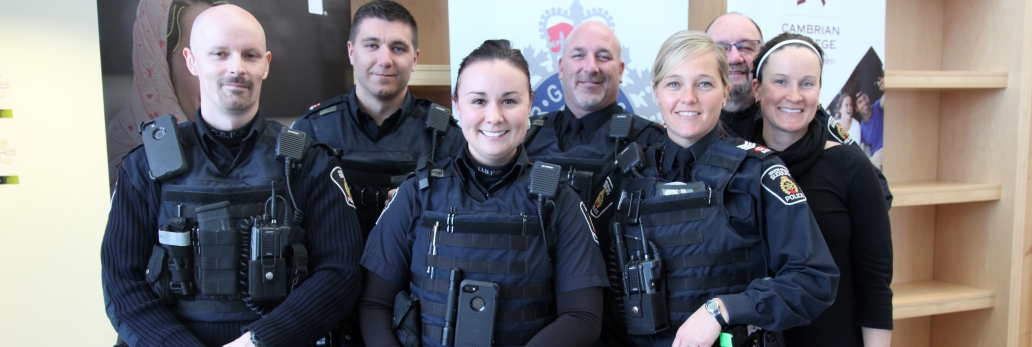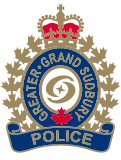
We are humbled to announce our first annual Truth and Reconciliation Relay. From September 1st to September 30th, GSPS members will be logging their daily kilometres completed during work outs, walks, runs, etc. with a goal of completing one kilometre per child that never returned home from Canadian residential schools. This number is estimated to be 10,000 children (however we acknowledge that the true number may never be known as the search for unmarked graves is still ongoing).
We are running for all the child victims of Canadian Residential schools who endured unimaginable trauma; and for all the families whose lives were forever changed as they watched their children being taken away. Since the onset of colonization and through decades of intergenerational trauma, we acknowledge the role that Police played in systemic racism and we know that there is much work to be done in order to repair and heal the relationship between Police and the Indigenous community.
Each GSPS member participating in the Relay for Reconciliation will complete a 1-hour CPKN course entitled “Reflection on Truth and Reconciliation”, where they will learn about the Calls to Action brought forward by the Truth and Reconciliation Commission of Canada.
This challenge will end on September 30th, 2022, the National Truth and Reconciliation Day (aka Orange Shirt Day).
We’d like to introduce you to some of our Members who are participating in the Relay. Meet Cst. Darrell Rivers, Indigenous Liaison Officer: 
Q. Why did you volunteer to participate in the Truth & Reconciliation Relay?
A. I chose to be a part of the relay because I believe that the more knowledge about Indigenous history will create awareness and in turn, within our service will help our Officers better service our community as a whole.
Q. What Call to Action did you choose, and why?
A. I chose Call to Action #14 because as an Indigenous person I believe that language is the key to learning our culture and history and to ensure that my children grow up proud of who we are and where we come from.
Q. What does Reconciliation mean to you?
A. Personally I am still working on this but it starts with truth. I believe true reconciliation must start with truth about history and that starts with awareness.
Q. How do you hope to contribute to positive change?
A. I am in a unique position where with the relationships and trust that has been built by those who were in this position before me, I am able to bring meaningful awareness training to our members to help them on their own journeys. Personally, I will try to teach my children our language and to be proud of who we are and to not be ashamed of where we come from!
 I Want To
I Want To





 Subscribe to this page
Subscribe to this page